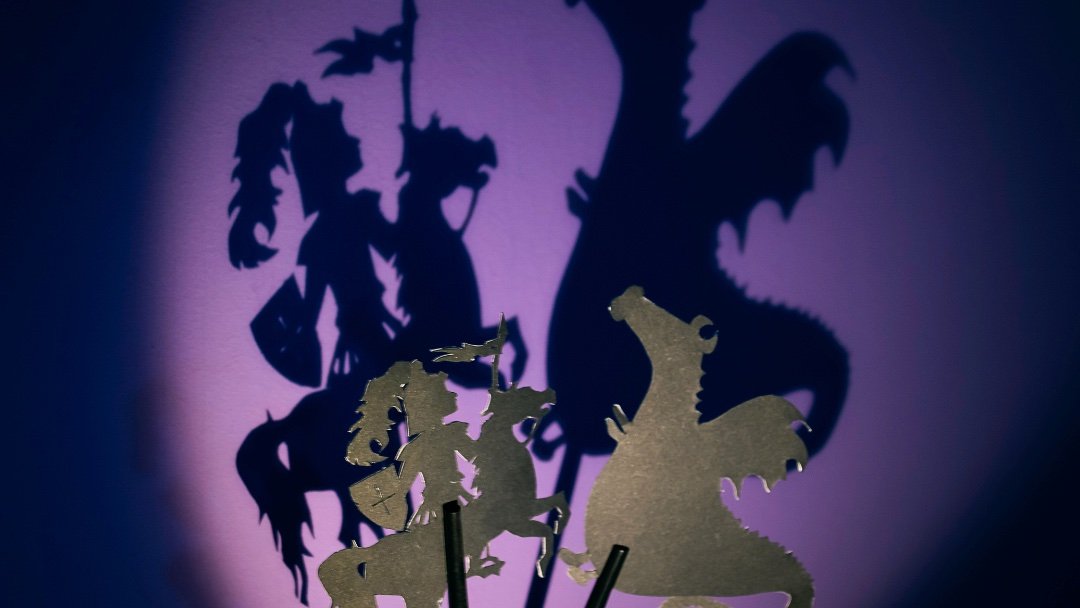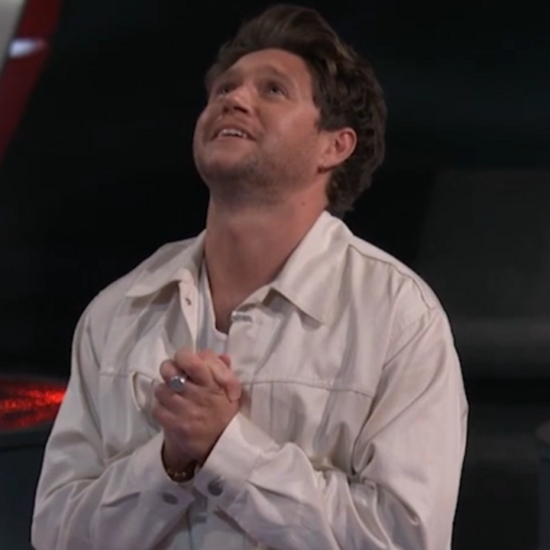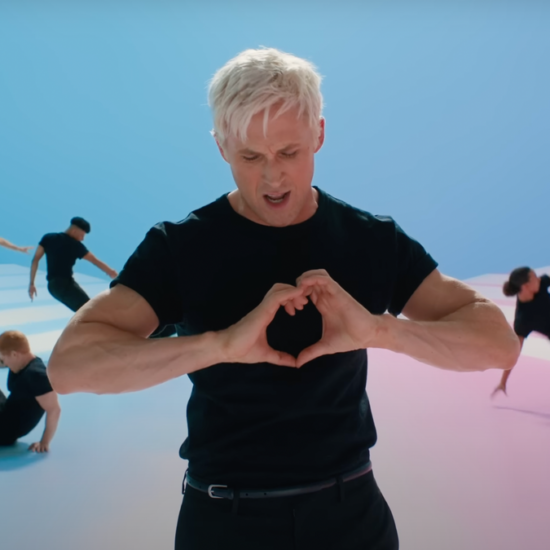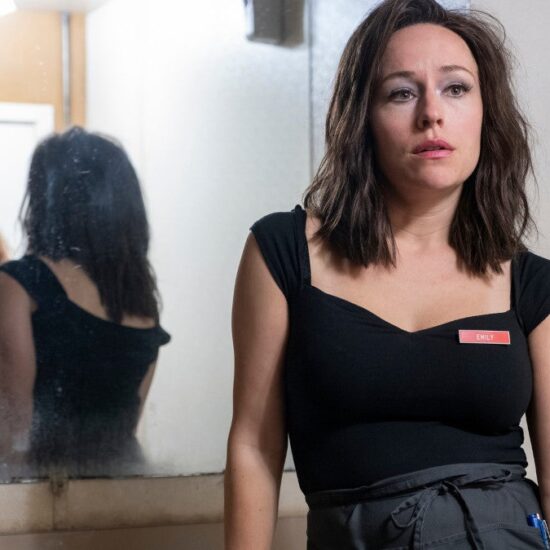
In difficult and extremely challenging times we turn to storytellers. Stories help us understand the world we live in through the characters we meet. Stories also provide us with guidance and learning.
.In troubled times, people turn to storytellers. Storytellers help us process the disintegration of values. We all seek guidance of how to make sense of the fast-changing world. Storytellers help us understand people with differing opinions and different cultures.
The world’s earliest surviving motion-picture film, showing actual consecutive action is called Roundhay Garden Scene. It’s a short film directed by French inventor Louis Le Prince in October 1888. He used paper base photographic film and his single-lens camera-projector. It was film several years before the earliest movies by The Lumiere Brothers.
While only 2.11 seconds long it is technically a movie.
We turn to Storytellers
Storytellers, read writers, are the people we turn to to find a link to the truth in all the discord in the world. Be it a personal relationship with a lover or a friend, or the disharmony caused by conflict.
Storytellers tell us what they see the future holds. A bit like a tarot card reader, these writers can lay out the cards in a series of moments. These moments can tell their audience what the consequences are for the actions of the main character. And we stand transfixed. We resonate with the challenges and opportunities these storied characters face. and cringe, or despair or rejoice at the outcome of their choices.
A truly great storyteller can look deeply for the eternal, unchanging truths of what it means to be a human being. And sometimes their stories become parables. and sometimes the storyteller becomes renown and remembered as a prophet.
History of storytellers in movies
The invention of moving pictures technology has meant that we can consume stories in a completely new medium. Gone are the dancing shadows conjured up by an ancient telling stories around a campfire. Instead we have the dancing shadows on a screen.
The world’s earliest surviving motion-picture film, showing actual consecutive action is called Roundhay Garden Scene. It’s a short film directed by French inventor Louis Le Prince in October 1888. He used paper base photographic film and his single-lens combi camera-projector. It was film several years before the earliest movies by The Lumiere Brioters.
While only 2.11 seconds long it is technically a movie.
In the early 1900’s, movies began to be produced on a larger scale, The establishment of movie studios like Universal Pictures, Paramount Pictures, and MGM. opened. Movie making became industrialised, with factory-like environments, with writers, actors, directors and crew working under contract.
Hollywood became the world’s movie making centre. An outburst of technical and artistic advances brought sound to pictures in the 1920’s. This was followed by the introduction of colour in the 1930s, widescreen formats in the 1950s, and special effects in the 1970s. Digital production started in the 2000’s, and digital distribution in the 2010’s.
Storytelling is the beating heart of movies. Movies tell emotive stories in every genre imaginable. Be it an early silent short, to a full-blown mega-budget feature, movies create movie worlds, with movie people that engage audiences and transport them to new worlds and explore the entire range of human emotion and experience.
Why we need storytellers
Why we turn to storytellers
And a screenwriter answers this compelling question through the use of moving visual media.
The role of the storyteller
Everyone is drawn to a story. Since ancient times, from the time a child is born, human beings respond to stories that are well told. Life with no art is a life of confusion and chaos. A well told story that expresses a truth leaves you with a pleasure that is profound. No matter what the genre or type of story.
Reasons we turn to story
In its basic form, story is entertainment. Entertainment takes you away from your current moment and takes you to another world. It’s an escape from the daily crunch and grind. Through story we meet new characters and follow their journey, often facing and resolving the same issues
Story is also how we learn, and how we educate important lessons and moral values. Through story we can learn about history and different cultures.
Story can also inspire. we can follow a characters journey as they struggle against impossible odds, followed by triumph. Through this we can examine the choices we make, or fail to make, and we can become a better person.
Through story we connect with other people. Story is how we learn empathy. It’s how we bond. It’s how we bond. and how we gin compassion for our fellow human beings.
Fade Out
Storytellers are like magicians. They have this insanely wonderful ability to grab out attention. They entertain, educate and inspire us.
Above all, storytellers connect us to our world.














